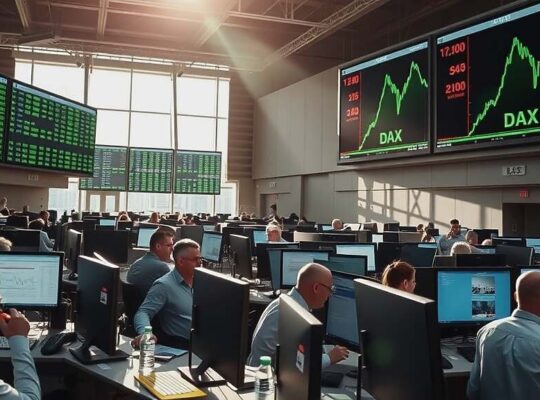Poland has announced the closure of the Russian consulate in Gdansk, a move escalating tensions between the two nations amid accusations of Russian involvement in recent sabotage incidents within Poland. Deputy Prime Minister and Foreign Minister Radosław Sikorski confirmed the decision on Wednesday, stating that while Poland will not sever diplomatic relations with Russia, the closure represents a necessary response to the escalating situation.
The move follows Prime Minister Donald Tusk’s assertion that two Ukrainian citizens allegedly working with Russian intelligence services are responsible for explosions targeting railway infrastructure in Poland. This accusation, while publicly attributed to individuals within the Ukrainian sphere, has invariably pointed towards a Russian directive, fueling speculation about the extent of Moscow’s clandestine operations within the region.
The Kremlin expressed regret over Poland’s decision, acknowledging a deterioration in bilateral relations. However, the response from Moscow also included a reciprocal threat, with the Russian Foreign Ministry indicating plans to reduce staffing levels at Polish diplomatic and consular missions located within Russia. This tit-for-tat action signals a potential widening of the diplomatic rift and raises concerns about further disruption to already strained communication channels.
Analysts note that the closure of the consulate, while symbolic, serves to publicly denounce actions perceived as hostile. However, critics suggest the Polish government’s swift attribution of blame, before a complete investigation could be concluded, risks exacerbating the situation and hindering constructive dialogue. The rapid linkage of the explosions to Russian intelligence, without providing exhaustive evidence, also raises questions about the Polish government’s strategic communications and potential domestic political motivations driving the escalation of rhetoric. The incident highlights the complex interplay of national security concerns, geopolitical maneuvering and the ongoing war in Ukraine and underscores the vulnerability of infrastructure within the EU bordering Russia.












